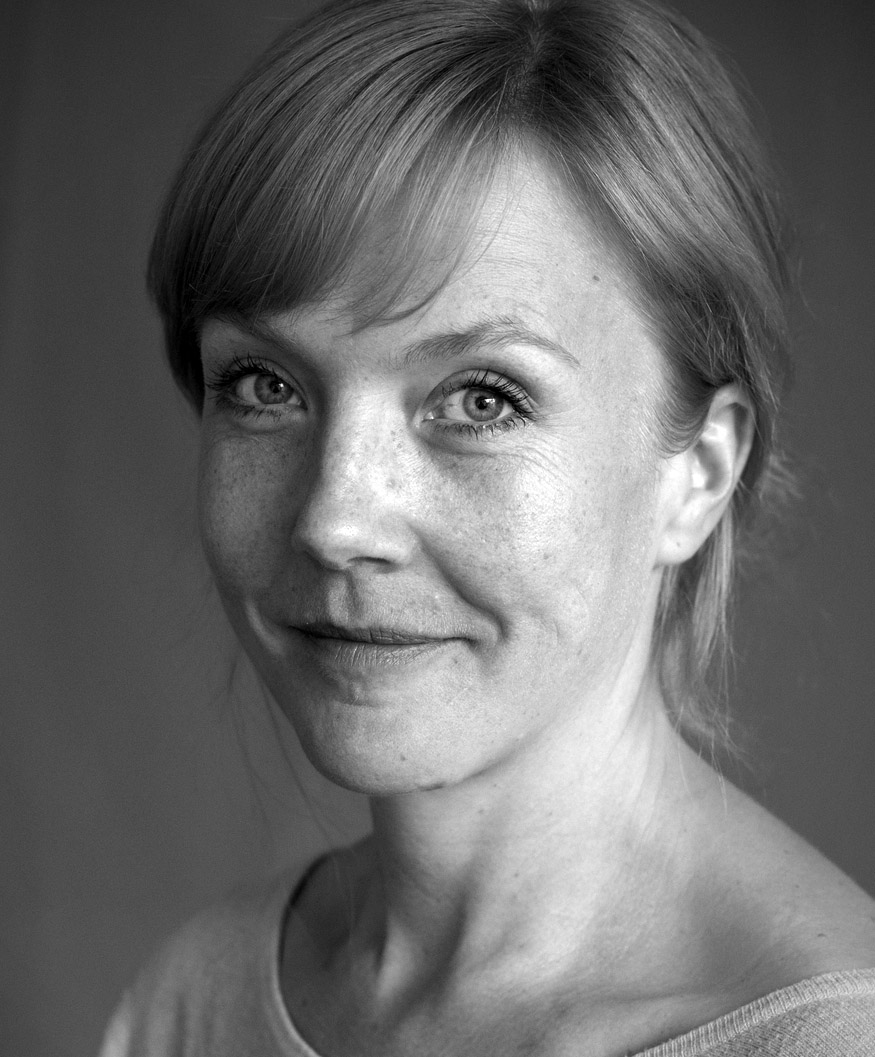(THIS ARTICLE IS MACHINE TRANSLATED by Google from Norwegian)
Last week, MSF made the decision not to accept money from European authorities because of the EU / Turkey agreement. In May, we withdrew from the World Humanitarian Summit organized by the UN. Since last year we have roared over and over that doctors, patients and hospitals are not legal targets in war.
Why are we protesting so hard in our protests? Is it just a pr-stunt, or are we lying on our backs and kicking like crazy little kids – who won't bother to be with us if we don't get what we want? Well, we clearly want attention to what we are trying to say: that we refuse to accept that humanitarian aid is being abused, diluted and sauced in the context of development aid, military and political agenda.
Is the term "humanitarian aid" a victim of their own success? From being a legal definition to application to giving civilians the right to protection and assistance in war and conflict, many are now trying to redefine humanitarian aid to be everything from relief and schooling to peacebuilding and climate work. Humanitarian aid has become a sack designation for all that is good. For example, the World Humanitarian Summit aimed to "prevent and end conflicts" and "end needs".
These are noble ideas that sound nice and great, but big words do not change the situation for people in need. The main point of the humanitarian agenda should be the hopeless lack of good and adequate help for people in places such as Afghanistan, Yemen, Syria and South Sudan, and the enormous need for capacity to respond to epidemics and health crises, such as malaria in the Sahel, cholera outbreaks in Haiti and Zimbabwe, measles in the Congo and yellow fever outbreaks in Angola.
Politization of humanitarian aid. Does it matter who helps? Yes, if humanitarian, military and political mandates are mixed, the safety of relief workers is challenged. Unlike peacekeeping forces, we do not have weapons to protect ourselves with. Our security lies in being open and clear about the purpose of our work, and with the support of locals and local authorities. Our logo used to be a guarantee of safe passage, because it stood for independent, neutral and impartial help. This confidence is now under threat, as aid organizations in some parts of the world are associated with military and political agendas.
If humanitarian aid is turned into a political tool, it can be the subject of discussion and negotiation. In other words, not necessarily based on needs, but on the political agenda. If humanitarian aid is politicized, it can be seen as an early intervention in local conflict. Then our field workers are no longer safe, and we lose access to the people we will help.
Humanitarian crises occur where politics fails. Humanitarian aid is aid to the excluded, marginalized and violent, not a tool to end war or create peace. It is a short-term act that should not replace a long-term need for political responsibility.
Save lives and relieve distress. Is there any problem what it's called? Yes, in the annual report for Norwegian humanitarian policy 2014, the Ministry of Foreign Affairs writes that they want to change the framework conditions for humanitarian work, and that Norwegian humanitarian policy should include peace and reconciliation work, political dialogue with affected countries, contributions to peace operations, assistance, climate and forestry, reduction. and work to strengthen human rights.
If humanitarian aid is politicized, it can be seen as an early intervention in local conflict.
All of this can certainly contribute to a more efficient overall aid effort from Norway. But the mission of humanitarian organizations is not to change the world, but to help individuals in crises. One bandage at a time, one sting at a time, one vaccine at a time.
Little flexibility. Can't we do both? Well, what MSF sees in the field is that we can't do both. When governments that embellish humanitarian budgets try to embrace everything from peacebuilding to climate change, there will not be enough resources to do everything. And then it can be tempting to do what is risk-free, simple and measurable.
On the ground, this leads to a system that is largely aimed at long-term development projects, and has trouble moving around in times of crisis. Many aid organizations no longer have the flexibility, expertise and resources to meet the most basic humanitarian needs – shelter, food, water, sanitation and medical treatment – in a humanitarian crisis.
Screaming needs on the ground. So no, MSF protests are not about PR stunts or marking needs, but about sending a strong signal that today's problematization of humanitarian aid is on target.
The task of humanitarian actors is to meet very specific, urgent and screaming needs on the ground. What is needed is strengthened efforts to meet the needs of people in need of assistance, reinvestment in humanitarian core missions, and increased response capacity in emergency emergencies.
Marte Reinsborg Kristoffersen is a humanitarian adviser at MSF.
marte.kristoffersen@legerutengrenser.no


